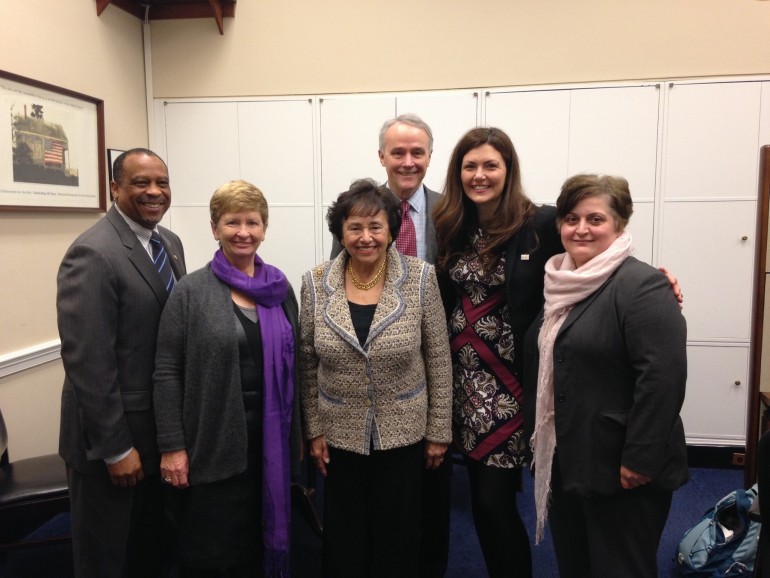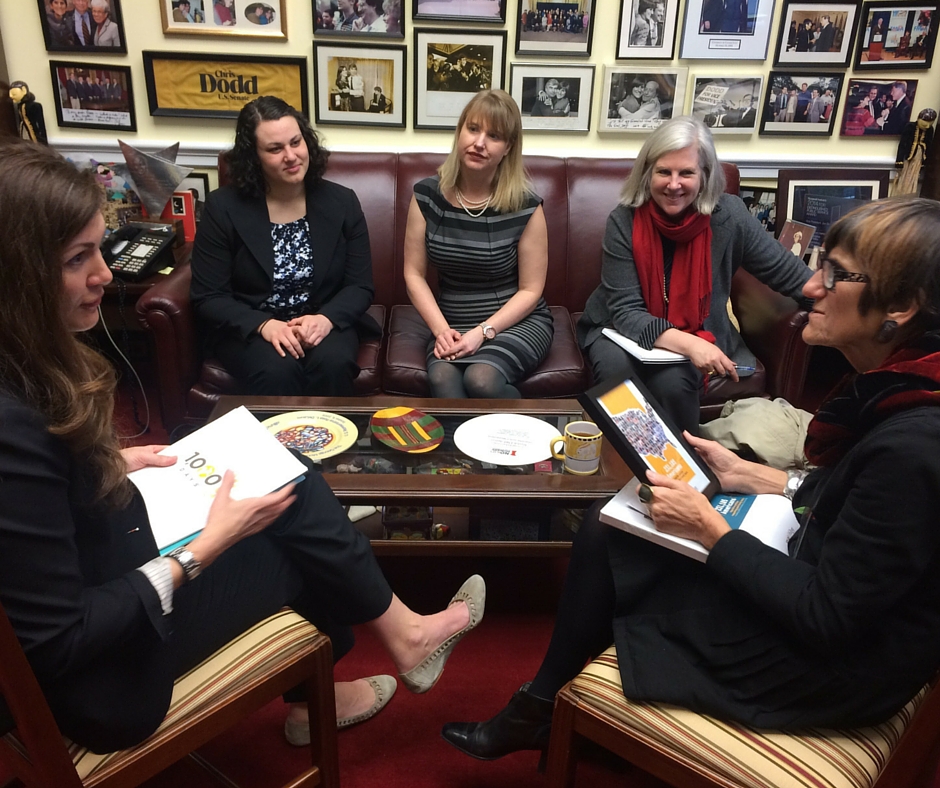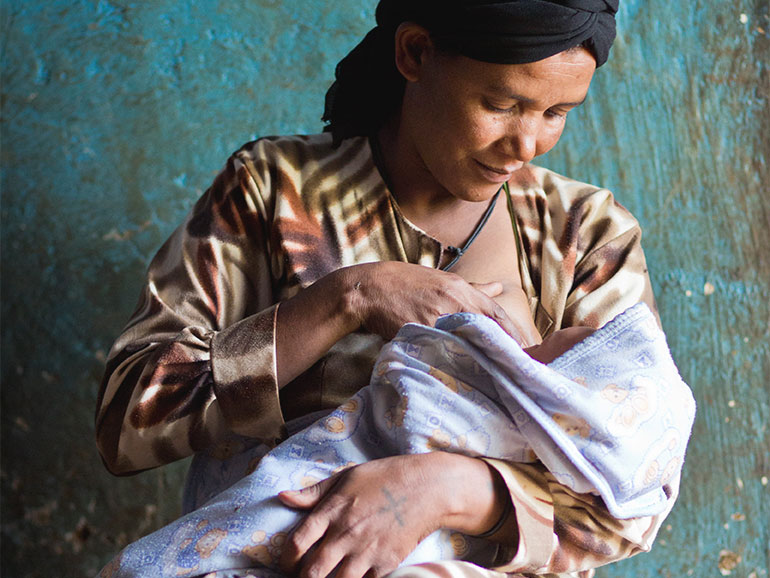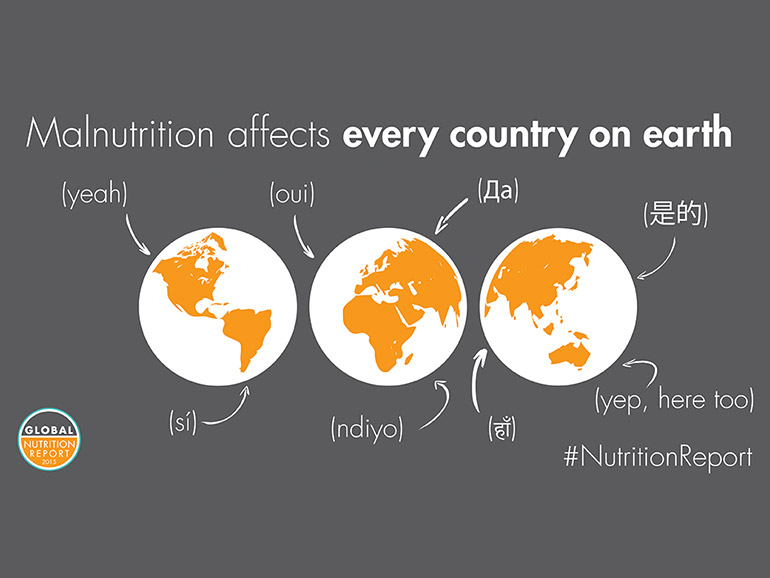Marching for Nutrition on Capitol Hill
This week 1,000 Days and our partners came together on Capitol Hill to tell Congress why 2016 is the year to invest in global nutrition and reinforce the critical importance of U.S. government leadership to bring an end to malnutrition in all its forms. We met with 15 Congressional offices, including both Democrats and Republicans.
This year is nutrition’s “Olympic moment” as world leaders will gather on the eve of the 2016 Summer Olympics in Rio de Janeiro, Brazil at the Nutrition for Growth summit to make bold commitments towards ending malnutrition. While malnutrition early in life leaves one in four children physically and developmentally stunted—an irreversible condition that limits a child’s ability to grow, learn, and thrive—only a small fraction of the funding for global health programs goes to the proven, life-saving nutrition programs that children need.
Now is the time for governments to prioritize the health and well-being of the world’s youngest children by investing in nutrition.
Nutrition investments are core to the success of the U.S. government’s two flagship initiatives – Ending Preventable Child and Maternal Deaths and Feed the Future. As we made clear to policymakers this week, the United States is poised to make a gold-medal pledge at Nutrition for Growth, but we need their support and action to make this a reality.
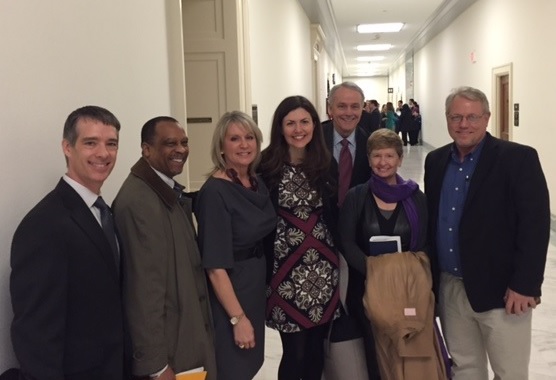
Meeting with Representative Renee Ellmers (R-NC)
Today, nearly half of child deaths under the age of 5 are due to malnutrition, claiming the lives of nearly 3 million children every year. If the U.S. government increases funding, it can prevent millions of women and children from suffering the plight of malnutrition and not reaching their full potential.
Now is the time for the U.S. to invest in nutrition and transform the lives of women, children and entire communities. Join us this month as we #March4Nutrition!

